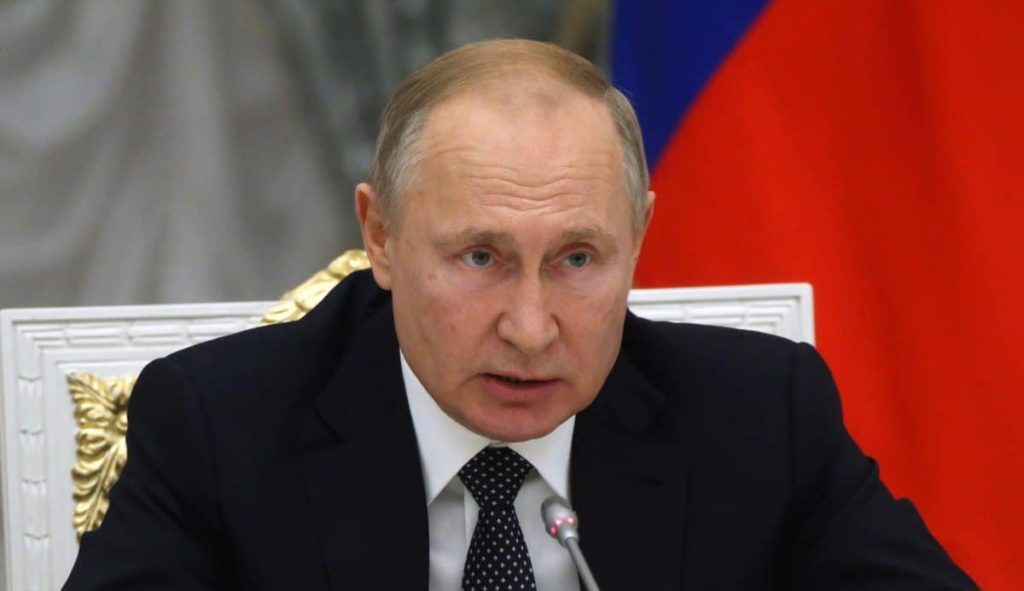The result of the harsh reality of the petrol subsidy removed by President Bola Tinubu’s administration has began revealing itself after report showed that manufacturers were unable to contribute to the economy like they used to.
Nigerian Bureau of Statistics has reported that manufacturing sector’s contribution to GDP declined to ₦1.5 trillion in the second quarter of 2023.

It is a big scare, since there could be a tactical reduction in the number of workers in companies in the manufacturing sector.
Now, the chief executive of the Center for Promotion of Private Enterprise, CPPE, has reacted to the Nigerian Bureau of Statistics’ report that the contribution of the manufacturing sector to Gross Domestic Product dropped.
You Also Like: Continuous MPR Increase, Weakening Manufacturing Sector
Muda Yusuf said: “Nigeria’s economy is going through corrective reforms to remove some fundamental distortions and restore the economy back to the path of recovery and growth.
But implementing the reforms is an arduous task.
According to the CPPE boss, “the trade-offs are profound and the social impact has been devastating.
“Given the inevitability of the reforms the implementation calls for a delicate balancing act and strategic sequencing to ensure an inclusive economic transition.
“The adverse impacts of the reforms were disproportionately higher than expected.
“However, a rebound of the economy is expected in the medium to long term as current distortions in the economy are corrected.”
The report from the NBS states that the contribution of the manufacturing sector to GDP in real terms declined to ₦1.5 trillion in the second Quarter ended June 2023.
This represents a 17.24% Quarter-on-Quarter (Q-o-Q) decline compared to ₦1.8 trillion contribution recorded in the first quarter of the year (Q1’23).
You see, this could be confusing, as the NBS had earlier reported that the nation’s economy grew by 2.51% in Q2’23 compared to 2.31% in Q1’23.
The growth implies 11th consecutive quarter of economic growth, though lower than the 3.54% recorded in Q1’22.
The report stated that the real GDP for Q2’23 stood at ₦17.72 trillion, a 0.17% decrease from ₦17.75 trillion in Q1’23.
Have You Read: FG Focused On Developing Nigeria’s Manufacturing Sector
The manufacturing sector contribution to real GDP in percentage terms also fell to 8.40% from 10.13%in Q1’23.
Meanwhile, the real GDP growth in the manufacturing sector in the second quarter of 2023 was 2.20%, 0.81 percentage points higher than its growth level in the preceding quarter at 1.61%.
The removal of petrol subsidy will not go without everyone in Nigeria bearing the burden, whether you support the current administration or not.
On your part, think of legal and worthy things to do to move your financial status forward.
If you like this article, kindly upvote it by sharing with someone. It will encourage our writers a lot more.

